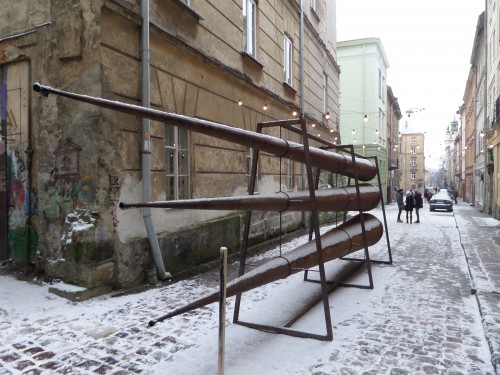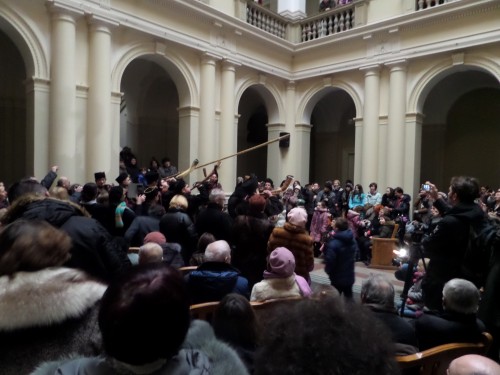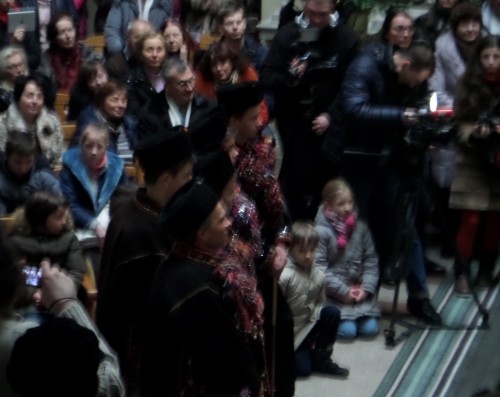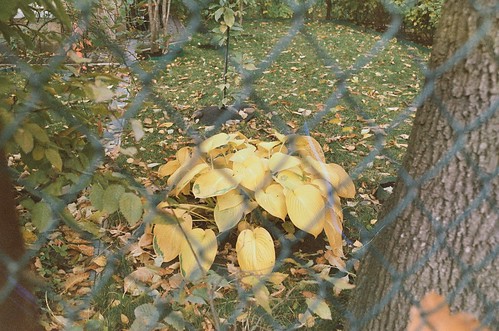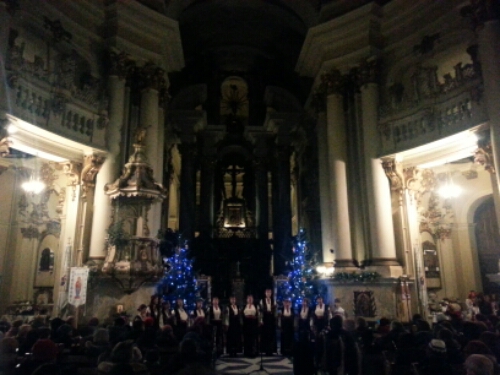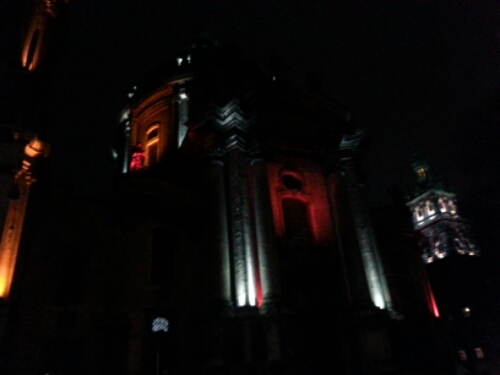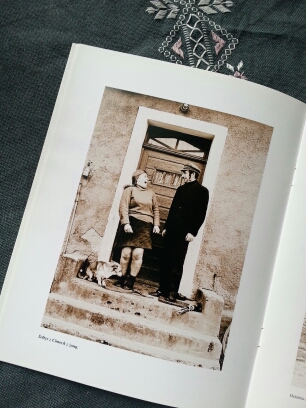(Läsningstid: 3 minuter)När jag fortfarande var student, studerade Österuropakunskap och fortfarande trodde jag skulle tillhöra sådana som förändrade synen på det många envisas för att kalla Östeuropa, så hamnade jag på en resa i Zamość. (Ja, jag studerade just Östeuropakunskap för att jag ville bistå med att sudda ut benämningen Östeuropa ur våra medvetanden. Det lyckades jag ju inte med. Lika lite som jag lyckades med andra av de förhoppningar jag närde då. Nåväl, det här var en parentes i sin fulla bemärkelse.)
På en resa mellan Lublin och Kraków hamnade jag alltså i Zamość. Jag hade ringa kunskap om staden, frånsett att jag hade hört att Rosa Luxemburg fötts i denna stad. Ganska snabbt, efter det att mina fötter landat på den gyttjiga bussterminalen för långfärdsbussar, beslutade jag mig för att detta inte var en stad, utan en håla.
Jag minns ännu det lilla hotellet vi beställt rum på. Det luktade starkt av nystrukna lakan. Strukna! Inte manglade! I allrummet, som skiljde hotellrummen från trapphuset, sov en man. Jag såg bara hans ryggtavla och hörde hans tunga andetag. Noterade att han antagligen var vänligt sinnad. Det grundade jag på att han tagit av sig skorna innan han lagt sig på den buckliga soffan.
Rummet vi fått var fint. Fönstren vette mot en basar. Utanför fönstret skyndade konsumenter förbi. Min enda invändning var att det var för varmt i rummet. Alldeles på tok för varmt. Centralvärmens heliga förbannelse.
Jag minns hur jag stod i fönstret och tittade på de där förbiskyndande kvinnorna och männen, och jag undrade vem jag skulle vara om jag fötts här. I Zamość. Hur hade jag tänkt? funderade jag lite senare, när mitt resesällskap skyndade mot en restaurang.
– Inte hade jag valt att bli vegetarian, i alla fall, beslutade jag när jag tittade i menyn på den utvalda restaurangen. Utbudet för sådana som mig var skralt.
Jag satt där, på den där restaurangen, blickade ut över Zamość vackra renässanstorg, och önskade att jag skulle kunna få möta mitt andra jag, om jag vore född här. Där. I Zamość.
Men mitt resesällskap ville annat. En natt på det fina hotellet var otänkbart för dem. De ville jaga vidare. Bort från Zamośćs enkelhet. Skönhet. Stillhet.
När vi jagade genom staden (för då hade jag övergått till att faktiskt se Zamość som en stad), såg jag en björn springa längs med det långa, långa stängslet till djurparken.
Och då föll det sig så, att jag kände en stark samhörighet med denna Zamośćbjörn. En så stark samhörighet, att jag alltför ofta kommer på mig själv med att tänka på denne som en frände.
När tåget sedan knirkade sig ut från Zamośćs tågstation, tänkte jag, att om jag någon gång kommer tillbaka, så ska jag stanna lite längre. Så att jag kanske finner den där, min andre. Så att den inte för alltid måste vara en björn. På en djurpark.
Lite visste jag då om att jag senare skulle bosätta mig bara runt hörnet. Och att jag ändå har funnit ett andra jag. Jag har till och med funnit många andra jag.
…den självvalt landsförvisades välsignelse.
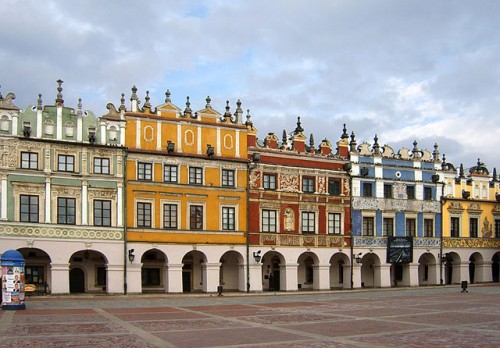
“Ormianska1” by MaKa – Own work. Licensed under GFDL 1.2 via Commons – https://commons.wikimedia.org/wiki/File:Ormianska1.JPG#/media/File:Ormianska1.JPG




